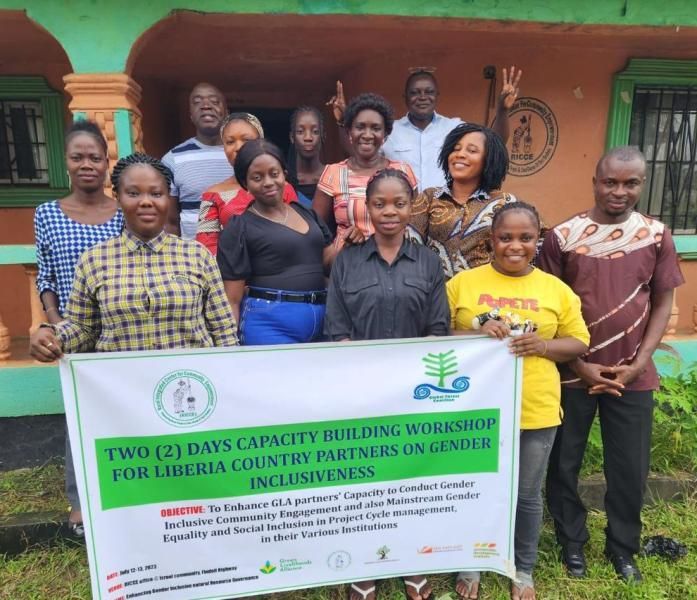
RICCE Supports GLA Liberia Country Partners to Employ Gender Inclusiveness in their Programing and Organization Management
In an effort to enhance the capacity of Liberia country partners of the Green Livelihoods Alliance (GLA 2.0) Forest for a Just Future Program, the Rural Integrated Center for Community Empowerment (RICCE) has provided a two-day capacity-building workshop on gender inclusiveness. The overall objective of the two-day intensive training was to strengthen GLA partners’ capacity to conduct gender-inclusive community engagements and also mainstream gender equality and social inclusion in project circle management in their various institutions.
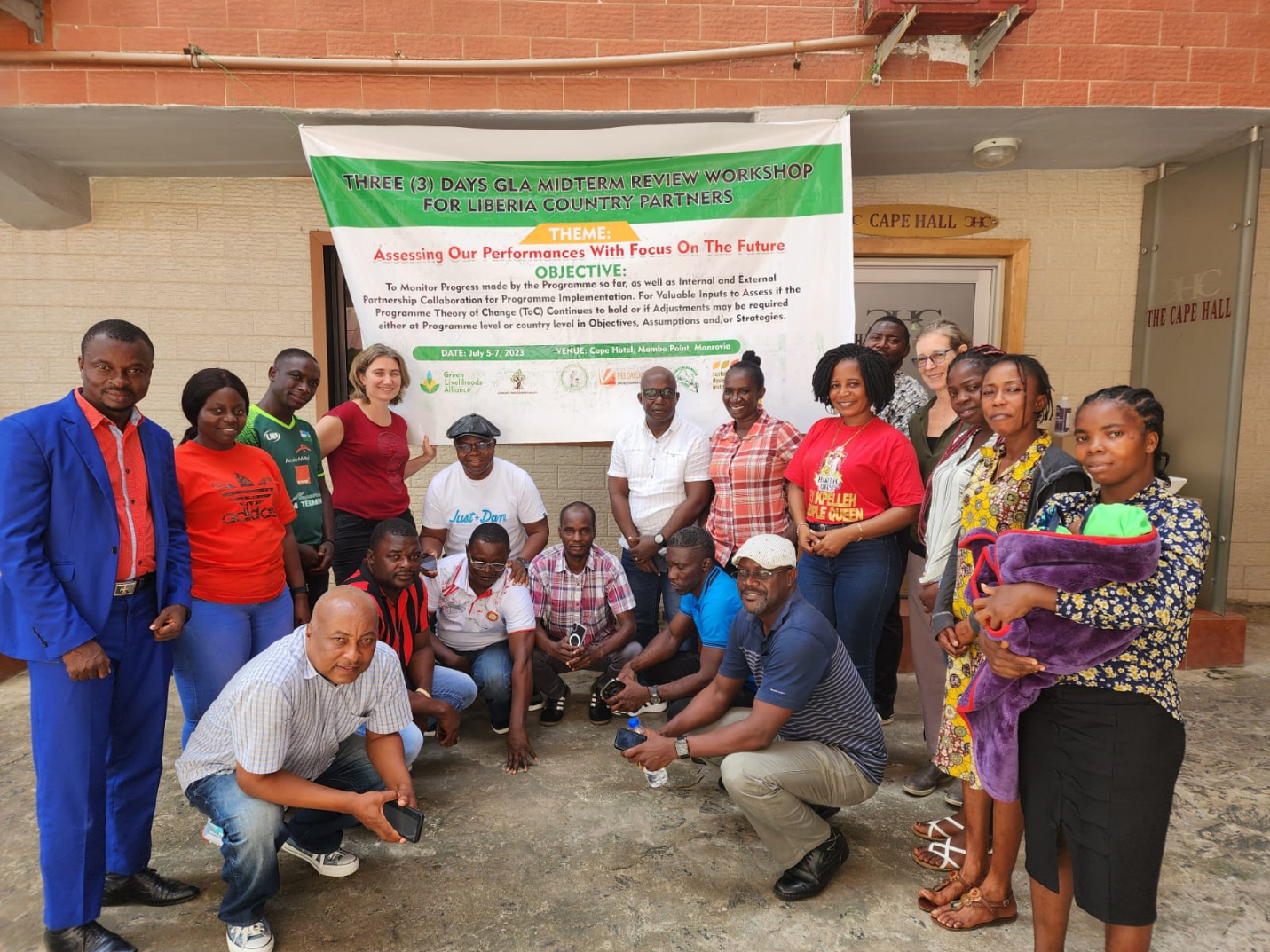
Green Livelihoods Alliance Global Coordinator Visits Liberia
The Global Coordinator of the Green Livelihoods Alliance Forest for a Just Future Program, Eva Duarte Davidson was in Liberia as a guest of the Liberia Country Partners.

Destruction of tropical rainforest increased by 10 per cent
Last year, the destruction of tropical rainforests increased by 10 per cent compared to 2021, according to data from Global Forest Watch. An area the size of the Netherlands was lost worldwide, with the Amazon region being particularly affected. Without halting deforestation, we cannot solve the climate and biodiversity crises.

SDI Calls on Political Parties and Aspirants to Share their Vision in Addressing ‘Massive Corruption’ in the Land and Natural Resource Sectors
Ahead of the impending October 10, 2023 Presidential and Legislative Elections, the Sustainable Development Institute (SDI) calls on all political parties and aspirants to clearly share their vision as to how they will address the ‘massive corruption’ in the land and natural resource sectors of the country.
Wilfred Gray-Johnson, Executive Director @ SDI
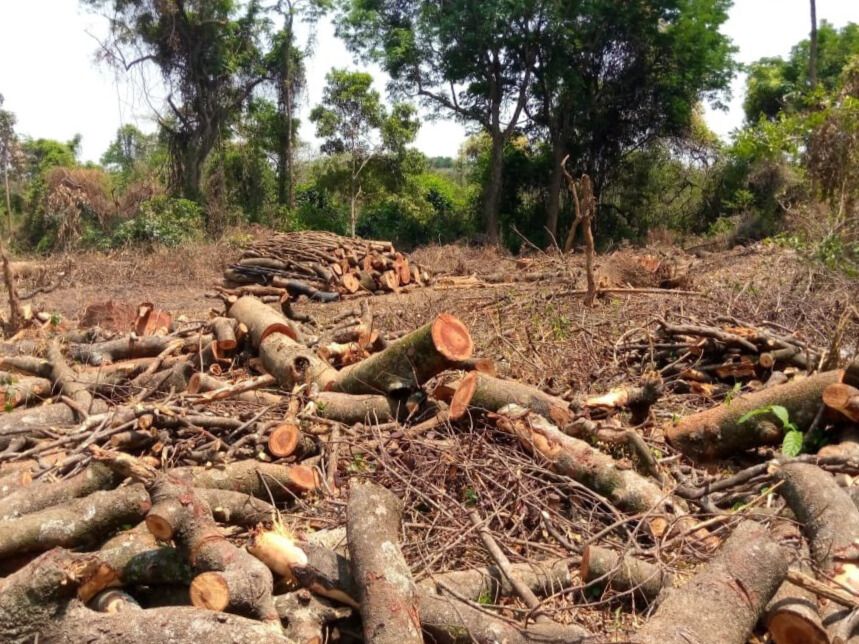
Ban on charcoal in Uganda is a hopeful development for Zoka Forest
Last May, our Ugandan partner organisation Friends of Zoka took an important step towards protecting Zoka Central Forest from logging. President Museveni issued an order that bans logging for commercial charcoal production in the region where Zoka forest is located. If properly executed, this order will take pressure from the forest which is under threat from charcoal production and other logging activities.
Photo: Logging for charcoal in Zoka Central Forest, Uganda © Friends of Zoka
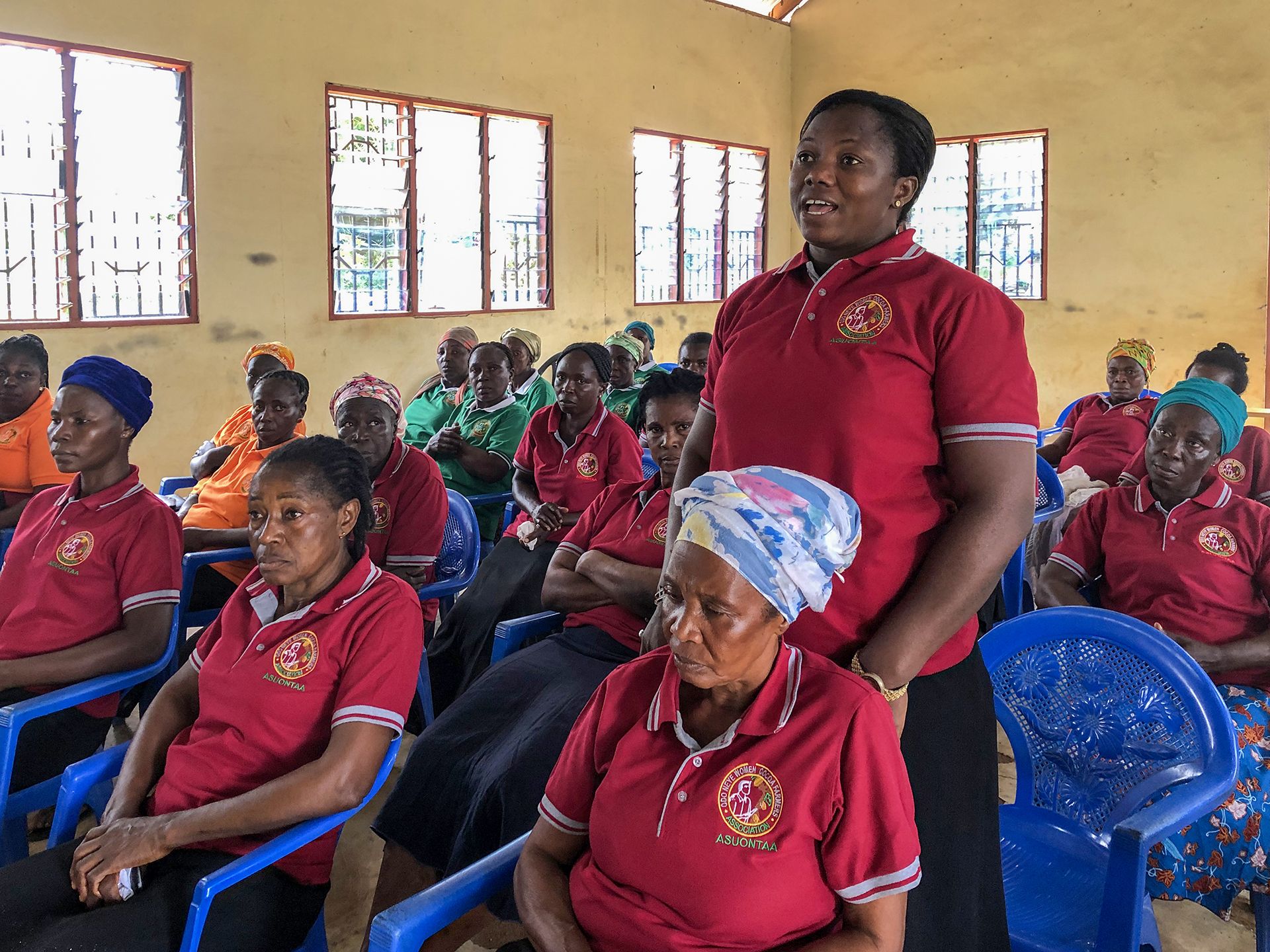
Female cocoa farmers challenge Ghanaian tree tenure law
A law in Ghana stipulates that all naturally growing trees are owned by the state. In 2022, female cocoa farmers collaborated with Tropenbos Ghana to draw attention to the adverse effects of this law on their livelihoods.
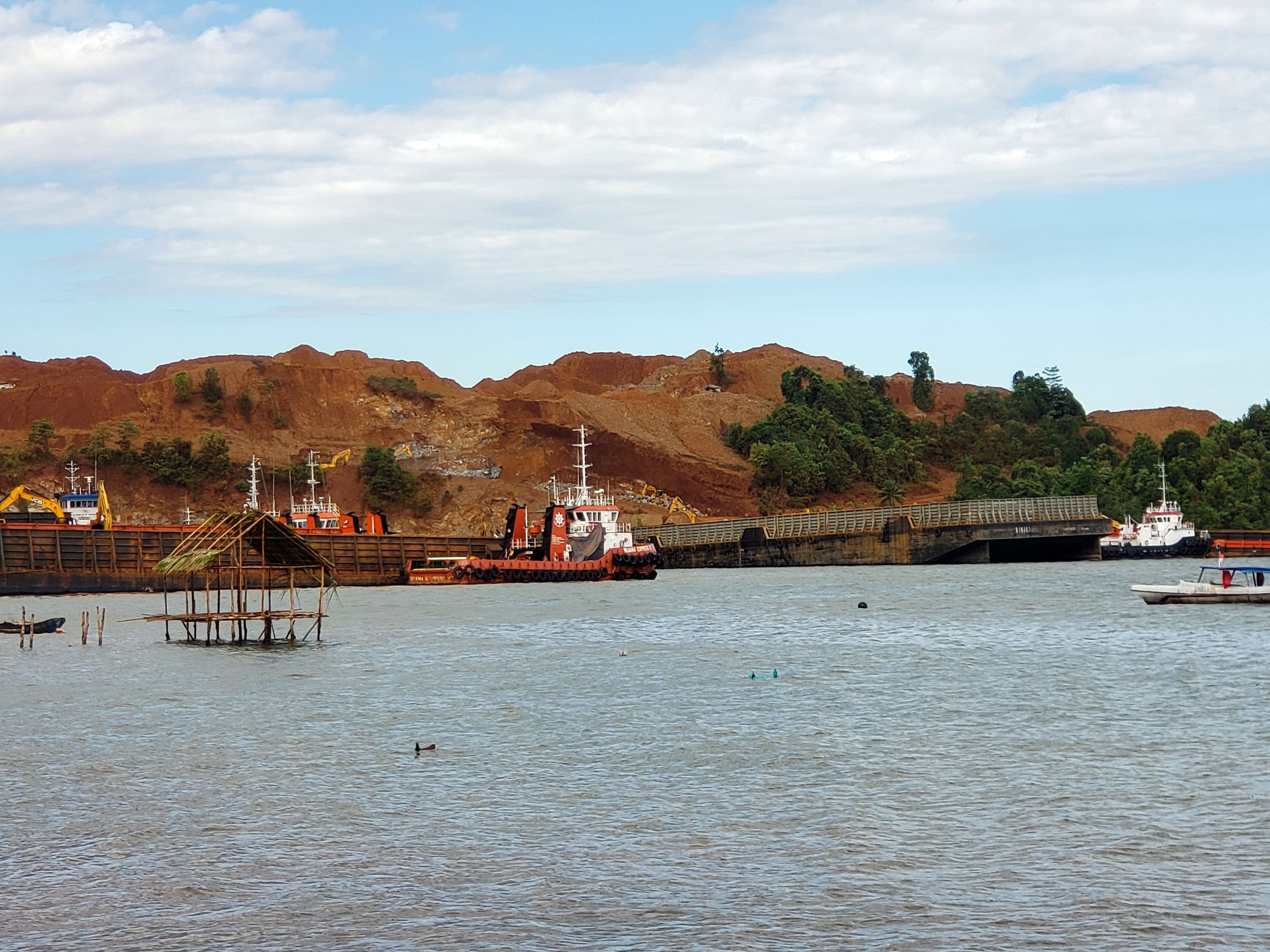
Good news for corporate sustainability legislation
The past two weeks have been marked by votes on the update of the OECD Guidelines and the European Parliament’s proposed amendments to the European Commission’s proposed Corporate Sustainability Due Diligence Directive (CSDDD). Both votes went favourably, which is good news for Indigenous Peoples and nature.
Photo © Galen Priest/Alto
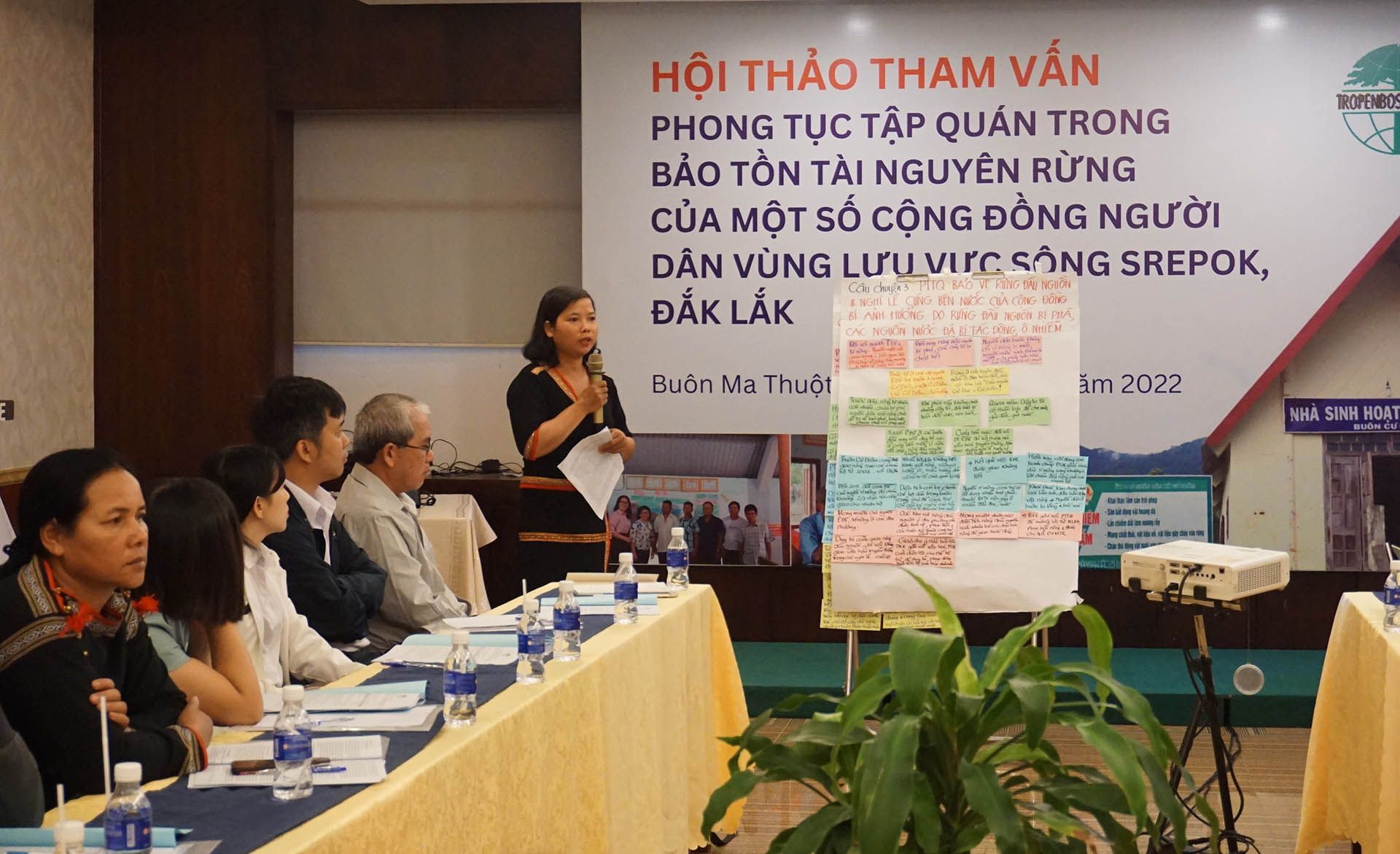
Enhancing the role of ethnic minorities in forest management in Viet Nam
Tropenbos Viet Nam actively engaged government officials in research into the forest management traditions of ethnic minorities. As a result, government officials are now more aware of the role that ethnic minorities can play in forest management and conservation.
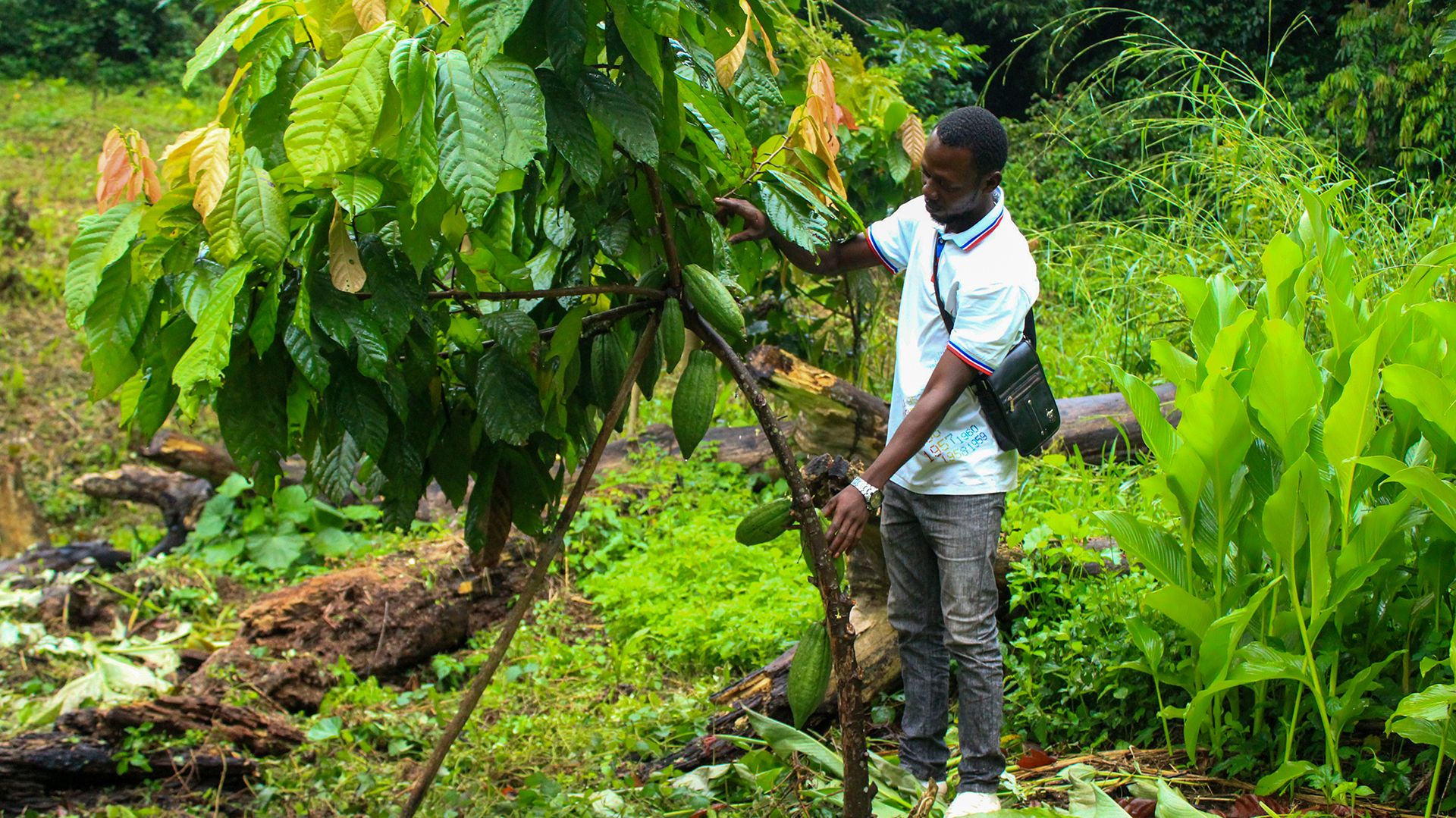
Farmers embrace cocoa agroforestry within community forest concessions in Bafwasende, DR Congo
Tropenbos DR Congo assisted communities to apply for local community forest concessions, which give them the right to use and manage their forests. Within the degraded parts of these concessions, Tropenbos DR Congo has been promoting agroforestry to improve livelihoods without putting pressure on the forest. This effort resulted in a surge of farmers adopting cocoa agroforestry practices throughout the Bafwasende landscape in 2022.
